Outreach Scholarship Grant Recipients
The project seeks to address a critical barrier for domestic violence survivors: the inability to bring pets to emergency shelters, which often delays or prevents escape from abusive environments. Auburn University, in partnership with the Domestic Violence Intervention Center, the College of Veterinary Medicine, Opelika Animal Hospital, and other community organizations, plans to evaluate a new on-site pet housing program. These partners will provide veterinary care, shelter infrastructure and interdisciplinary expertise to support survivors and their animals. Data will be collected through program tracking, survivor interviews and clinical assessments of post-traumatic stress disorder symptoms at shelter intake and discharge. The research will use mixed methods and implementation science frameworks to assess program reach, survivor feedback and psychological outcomes including preserving the human-animal bond to reduce trauma, integrating survivor input to refine services and generating pilot data to support future funding and broader adoption of pet-inclusive shelter models.
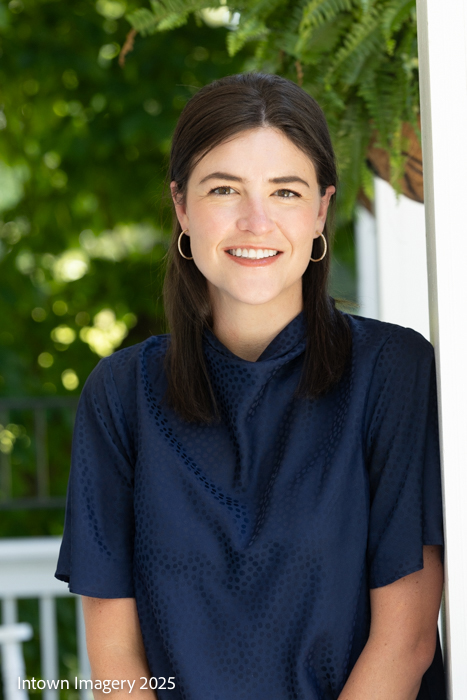
Emma Lathan-Powell, Ph.D.
Department of Psychological Sciences
College of Liberal Arts
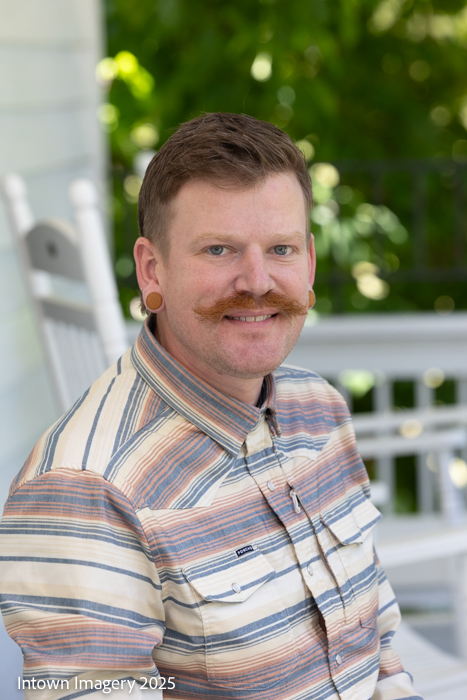
Brendan Bergquist, DVM
Department of Clinical Sciences
College of Veterinary Medicine
The collaborative project seeks to address low vaccine confidence and uptake among older adults in Lee County, Alabama. The initiative responds to declining immunization rates and persistent racial disparities, with older adults especially vulnerable to preventable diseases such as influenza, pneumonia and COVID-19. The project will partner with Opelika Sportsplex, the Osher Lifelong Learning Institute (OLLI) at Auburn University, and Greater Peace Baptist Church, leveraging their community ties to recruit participants, inform script development, host performances, and promote outreach. Data will be collected using a mixed-methods approach, including field interviews with community members and leaders, pre- and post-performance surveys measuring vaccine confidence and intentions, and follow-up interviews. The research-backed solution centers on applied theater, a proven health promotion strategy, to deliver culturally relevant performances that address barriers to vaccination and foster behavioral change. The program’s effectiveness will be evaluated using validated scales and statistical analysis, with findings intended to inform future outreach and grant applications. The project aims to serve as a scalable model for increasing vaccine uptake among under-vaccinated populations statewide.
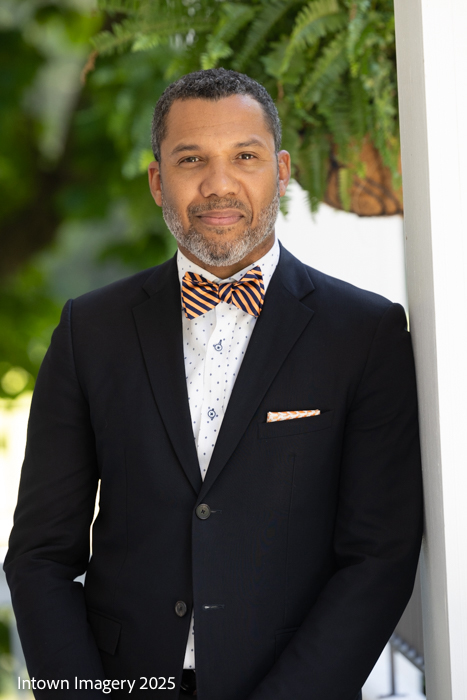
Abdul-Khaliq (AK) Murtadha, MFA
Department of Theatre and Dance
College of Liberal Arts
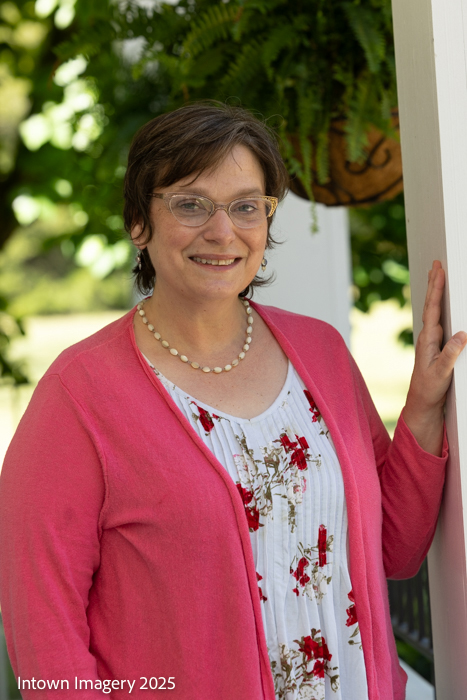
Tessa Carr, Ph.D.
Department of Theatre and Dance
College of Liberal Arts
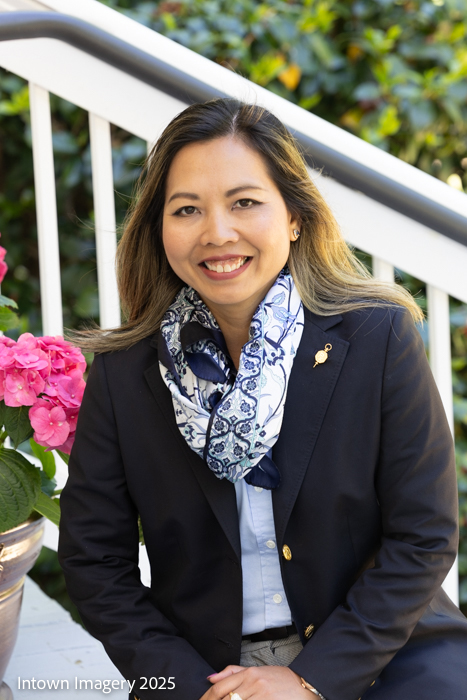
Salisa C. Westrick, BS Pharm, Ph.D.
Health Outcomes Research and Policy Division
Harrison College of Pharmacy
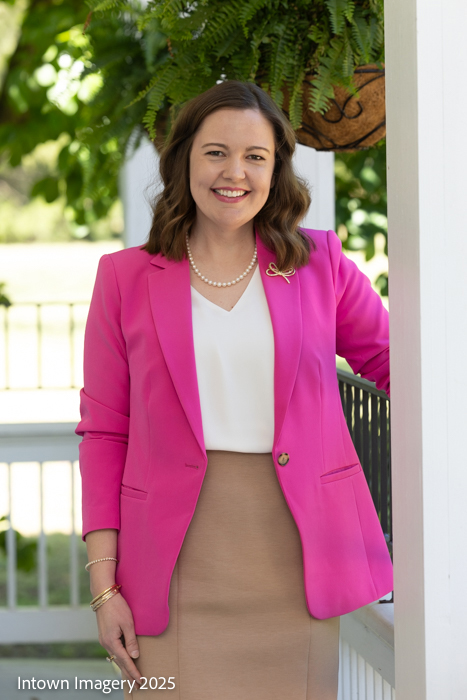
Lena McDowell, Pharm.D.
Clinical Affairs and Outreach Division
Harrison College of Pharmacy
The project seeks to create a 30-by-10-foot outdoor mural at Auburn University honoring the cultural heritage and resilience of the Poarch Band of Creek Indians, Alabama’s only federally recognized tribe. The project addresses the urgent need to celebrate, preserve and raise awareness of the tribe’s history and ongoing contributions, countering challenges to cultural continuity and visibility in modern society. Outside partners include the Poarch Band of Creek Indians, who will provide lectures, historical input, and financial support; Auburn University’s Caroline Marshall Draughon Center for the Arts & Humanities, which will assist with administration and logistics; and a mural installation specialist from Georgia. Data will be collected through student research, workshops, interviews with tribal leaders, surveys, reflection essays, and on-site observation, supplemented by social media analysis and documentation of the mural’s creation. Research-backed solutions include collaborative art-making as a tool for education, cultural representation, and activism, drawing on Professor Wendy DesChene’s extensive experience in community-engaged murals and public art projects. The mural will serve as a permanent tribute and educational resource, with a portable version used for outreach statewide. The project aims to foster intercultural dialogue, challenge misconceptions, and promote inclusive narratives in American history.
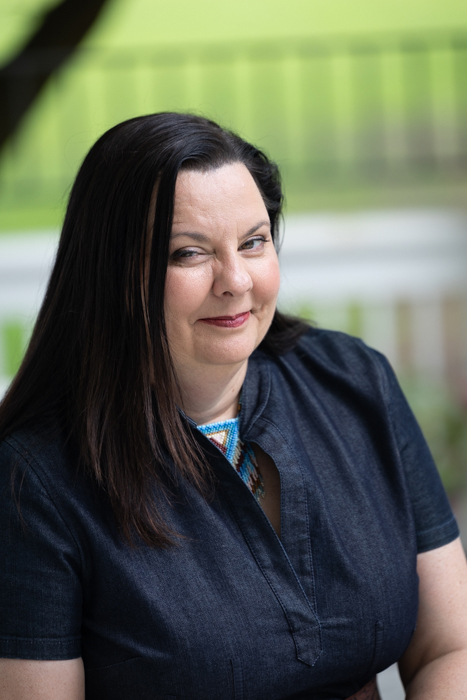
Wendy DesChene, MFA
Department of Art and Art History
College of Liberal Arts
The project, “SOUND: Building Support for Sensory-Friendly Spaces,” seeks to expand Auburn University College of Nursing’s outreach program to better serve individuals with sensory regulation challenges in Lee County, Alabama. The problem addressed is the lack of community resources, education and awareness for populations—especially those with intellectual and developmental disabilities—who struggle with sensory processing and emotional regulation, often resulting in social isolation and reduced quality of life. Key outside partners include the Boys and Girls Clubs of East Alabama and the Lee Russell Council of Governments Area Agency on Aging, who will help implement educational programs, provide venues, and support community engagement. Data will be collected through pre- and post-training questionnaires for community members and nursing students, direct observation, and satisfaction surveys, with validated tools used to measure awareness, knowledge and attitudes. Research-backed solutions include evidence-based training on nonpharmacological methods for emotional regulation, hands-on learning, and replication of successful school-based sensory programs for broader community application. The initiative aims to foster sustainable partnerships, multigenerational education, and service-learning opportunities for nursing students, ultimately promoting inclusion and improving outcomes for those with sensory challenges. Funding will support personnel, travel, materials, and sensory items to ensure program success.
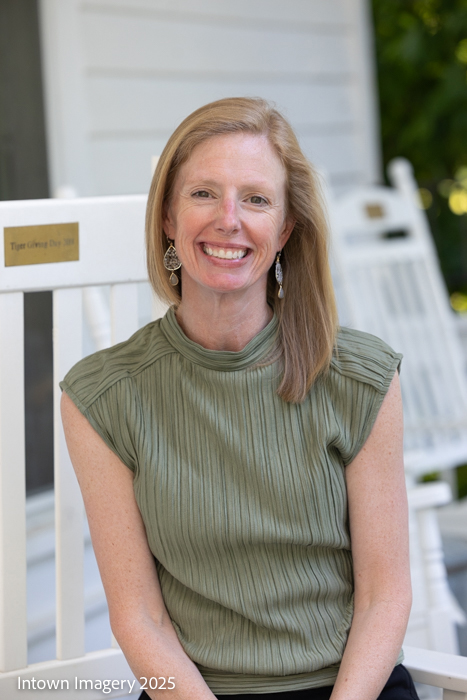
Morgan Yordy, DNP, ACNS-BC, RN, FCNS
College of Nursing
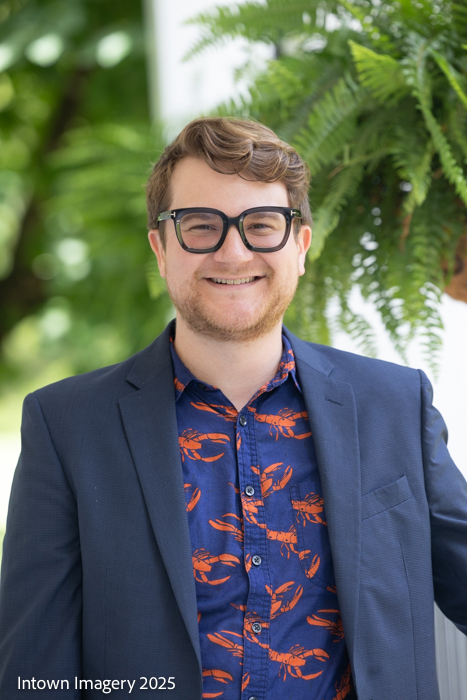
Seth Perry, MSN, RN, CPN, CHSE
College of Nursing
The project seeks to expand free social skills training for adolescents with autism spectrum disorder in Southeast Alabama. The proposal addresses the lack of accessible, affordable autism services, especially for families facing long waitlists and financial barriers to care. Auburn University’s Center for Autism Research, Treatment, and Training (CARTT) will collaborate with local employment organizations, school districts, and the Auburn University Psychological Services Center to recruit participants and enhance community impact. Data will be collected through pre- and post-intervention surveys, direct assessments, and ongoing behavioral observations, measuring both clinician competency and participant outcomes. The project uses Behavioral Skills Training (BST), an evidence-based approach, to teach emotion regulation, impulse control, and social communication, with outcomes evaluated for durability and generalization. Research-backed solutions include group interventions, parent education, and continuous evaluation using established behavioral science methods. The initiative aims to generate data for future research, inform best practices, and provide no-cost services to underserved families.
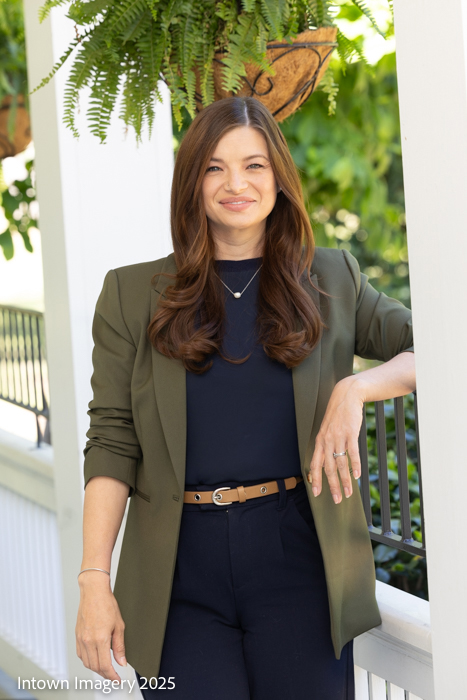
Sarah Richling, Ph.D., BCBA-D, LBA
Department of Psychological Sciences
College of Liberal Arts
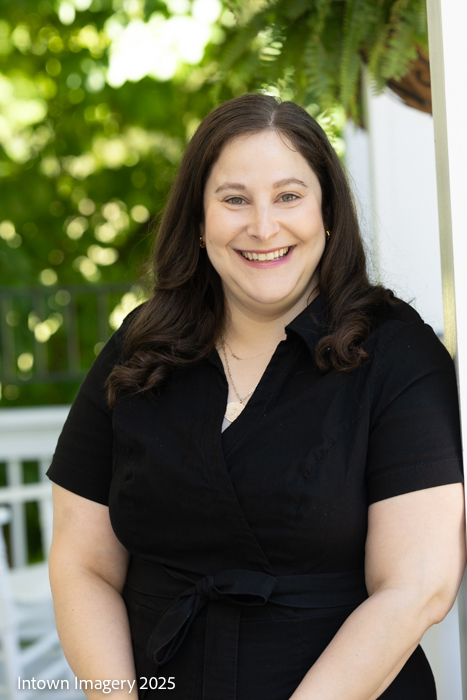
Madeleine Levin, MSW, BCBA, LBA, LICSW
Department of Psychological Sciences
College of Liberal Arts
The project seeks to address the urgent need for artificial intelligence literacy among K-12 educators and students. Research shows that most teachers lack the knowledge and tools to teach AI concepts, leaving students unprepared for a technology-driven future. Auburn University’s College of Education, led by Dr. David T. Marshall, will launch a six- to eight-week, self-paced online course in November 2024, focusing on AI fundamentals, applications, and ethics. Outside partners include the Biggio Center for Teaching and Learning, Loachapoka High School, and Breakthrough Charter School. The Biggio Center will provide in-kind resources such as instructional design, technical support, and digital infrastructure, valued at about $45,000. Data will be collected through pre- and post-course surveys, participant feedback, course completion rates, and the number of digital badges earned. The program draws on research by Pedro et al., Touretzky et al., and others, emphasizing hands-on learning and ethical awareness as key to effective AI education. The initiative aims to create a sustainable model for AI literacy, empowering teachers to foster critical thinking and responsible technology use in their classrooms.
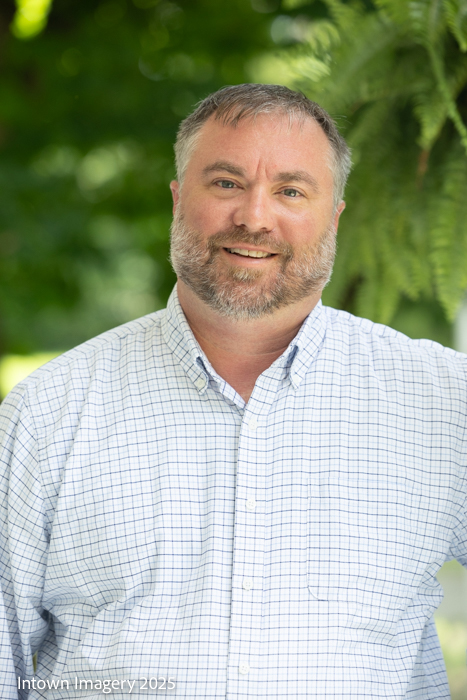
David Marshall, Ph.D.
Department of Educational, Foundations, Leadership and Technology
College of Education
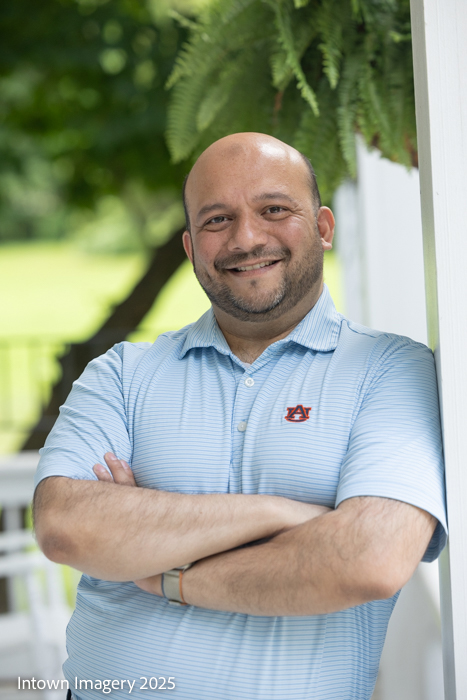
Asim Ali, Ph.D.
Biggio Center for the Enhancement of Teaching and Learning
The project aims to reduce child poverty in Opelika, Alabama—where 28 percent of children live below the poverty line—by expanding children’s programming through local community organizations. Auburn University psychology students will volunteer, applying their skills to support local children and their caregivers. Data collection will include participant tracking, goal monitoring, and interviews with volunteers, staff, parents, and children. By addressing an unmet community need, the initiative strengthens infrastructure for caregivers and delivers practical, research-informed solutions to break the cycle of poverty. Additionally, this project provides rich training experiences for undergraduate students in Auburn’s Department of Psychological Sciences.
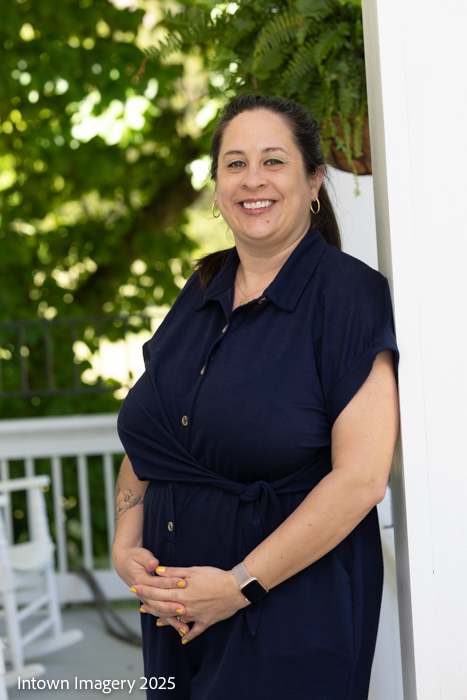
Tracy Witte, Ph.D.
Department of Psychological Sciences
College of Liberal Arts
The project aims to address the lack of culturally appropriate maintenance for the Florence Indian Mound after municipal services ended. Auburn University faculty will partner with the Florence Indian Mound Museum, tribal representatives (Eastern Band of Cherokee, Poarch Creek, Chickasaw), the Muscle Shoals National Heritage Area, and The Jule Collins Smith Museum. These partners will contribute expertise, host events, and support research. Data will be gathered through workshops, oral histories, and public surveys. The project will use research-backed frameworks in landscape architecture and critical preservation, centering Indigenous voices and best practices. The goal is to create a sustainable maintenance plan and a model for similar sites, while reframing the mound’s history as ongoing and relevant.
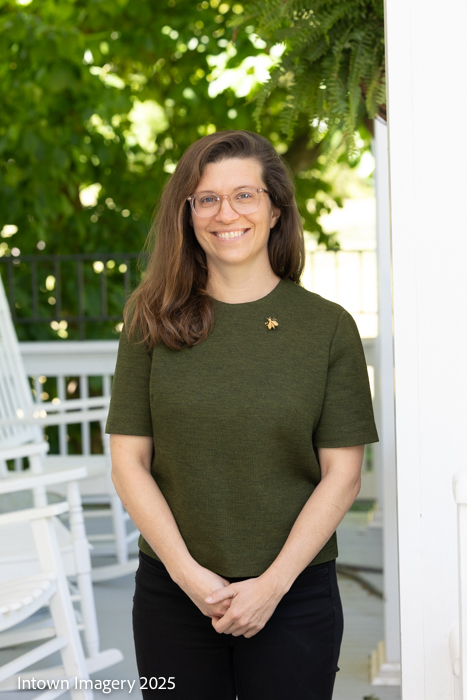
Sarah Coleman, MLA
School of Architecture, Planning and Landscape Architecture
College of Architecture Design and Construction
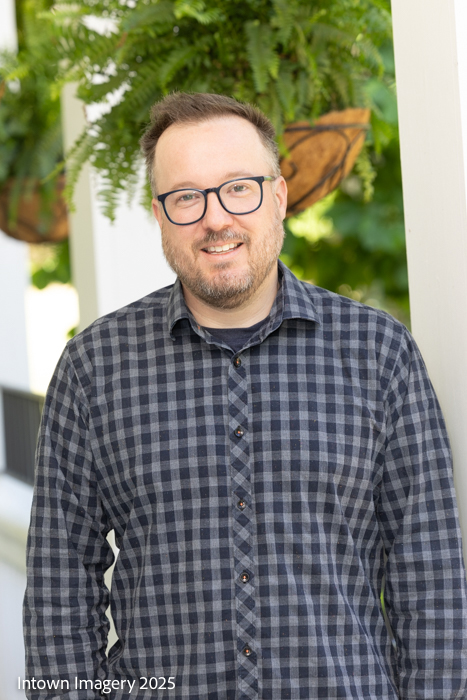
Isaac Cohen, MLA
School of Architecture, Planning and Landscape Architecture
College of Architecture Design and Construction
The project aims to address poor healthcare access and outcomes in rural Henry and Houston counties, Alabama, by deploying student pharmacists to provide preventive care, screenings, immunizations and health education. Auburn University’s Harrison College of Pharmacy will partner with community pharmacy preceptors and the Southern Alabama Regional Council on Aging, who will help facilitate outreach and connect with vulnerable populations. Data will be collected through health risk assessments, patient screenings, immunization records and participant feedback. Research-backed solutions include evidence-based preventive services, training pharmacy staff in health risk assessments and addressing social determinants of health. The project supports student housing to encourage rural rotations and seeks to build sustainable health infrastructure. Outcomes will be measured quantitatively and qualitatively, with results shared at local, state and national levels.

Lena McDowell, Pharm.D.
Clinical Affairs and Outreach Division
Harrison College of Pharmacy
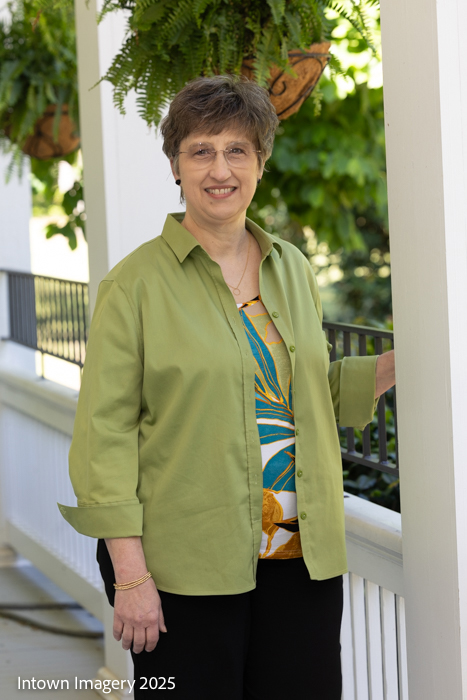
April Staton, Ph.D.
Clinical Affairs and Outreach Division
Harrison College of Pharmacy
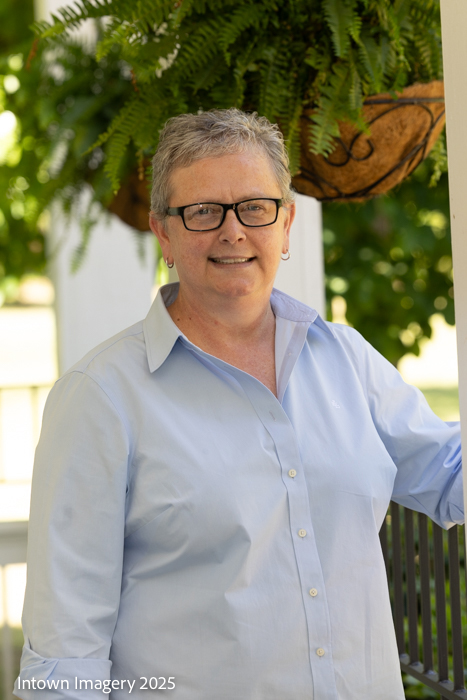
Lynn Stevenson, Pharm. D.
Clinical Affairs and Outreach Division
Harrison College of Pharmacy
The proposal aims to convert a 250-acre, ecologically diverse but inaccessible site in Montgomery, Alabama, into the Cypress Nature Preserve, addressing the lack of public green space in a historically underserved area. Auburn University’s Graduate Landscape Architecture Program will partner with the City of Montgomery and River Region Trails, a nonprofit leading fundraising and coordination. Data will be collected through fieldwork, mapping, community feedback, and peer reviews as students design and implement plant-based interventions and trails. Research-backed solutions include design-build methods, ecological restoration, and community engagement to improve health, education, and resilience. The project serves as a pilot for future development and increased public access.
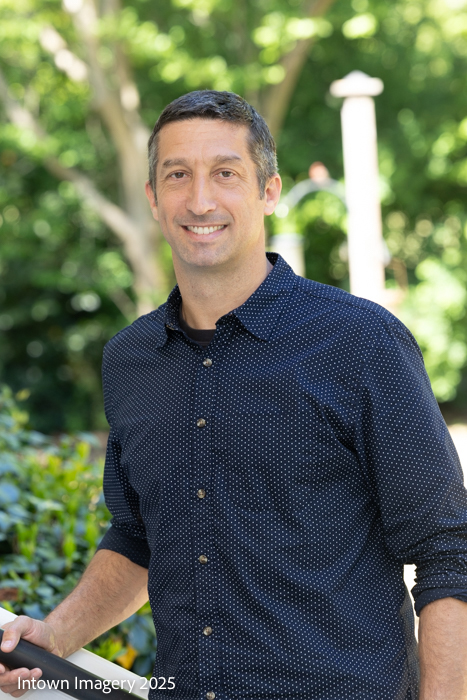
David Hill, MLA
School of Architecture, Planning and Landscape Architecture
College of Architecture Design and Construction
The AU SOLVES project aims to address the lack of interdisciplinary, real-world research and science communication training for Auburn University graduate students. By partnering with Alabama Interfaith Power & Light, The People’s Justice Council, Rural Studio, and industry collaborators, the initiative will connect researchers with community stakeholders to solve sustainability challenges. Data will be collected through surveys, feedback forms, workshop assessments, and annual reports. The project leverages proven co-production and actionable science frameworks from Auburn’s NSF NRT Climate Resilience program. AU SOLVES will provide training, workshops, and seed funding to support collaborative research, with the goal of institutionalizing these practices and creating a portal for ongoing stakeholder engagement.
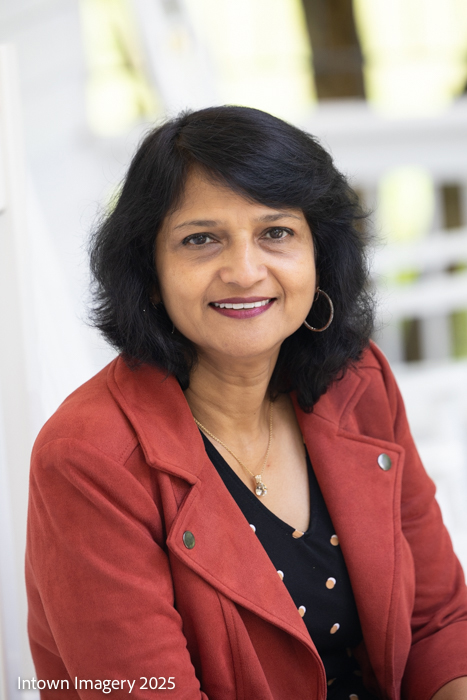
Chandana Mitra, Ph.D.
Department of Geo Sciences
College of Sciences and Mathematics

Karen McNeal, Ph.D.
Department of Geo Sciences
College of Sciences and Mathematics
The proposal aims to address failing wastewater systems in Alabama’s Black Belt, where poor soil conditions make standard septic systems ineffective and pose health risks. Led by Auburn University’s Aurélie Frolet and Emily McGlohn, the project partners with the Hale County Extension Office, Alabama Cooperative Extension System, Rural Studio, and CARWW. These partners will provide expertise, outreach, and technical support. Data will be collected through community surveys, interviews, and feedback at public events. The project will educate residents using visual materials and a traveling exhibition. Research-backed solutions include decentralized cluster wastewater systems, which lower costs and improve health outcomes. The initiative seeks to empower communities to advocate for better wastewater management.
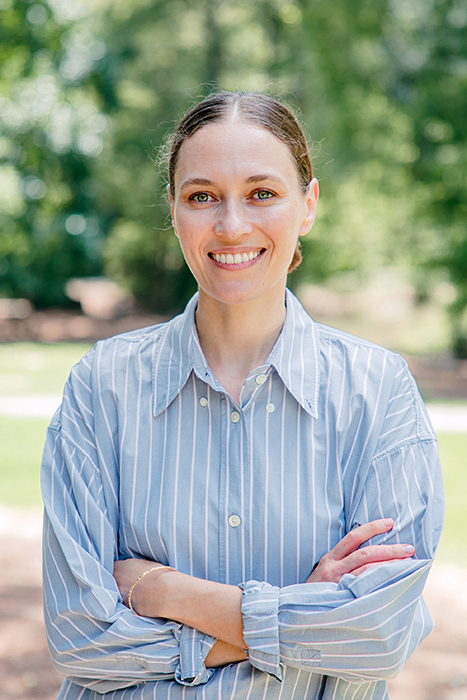
Aurélie Frolet, M.Arch
School of Architecture, Planning and Landscape Architecture
College of Architecture Design and Construction
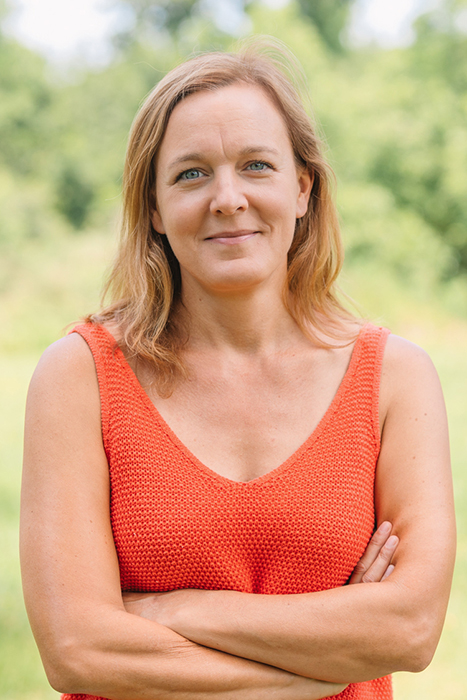
Emily McGlohn, M.Arch
School of Architecture, Planning and Landscape Architecture
College of Architecture Design and Construction





